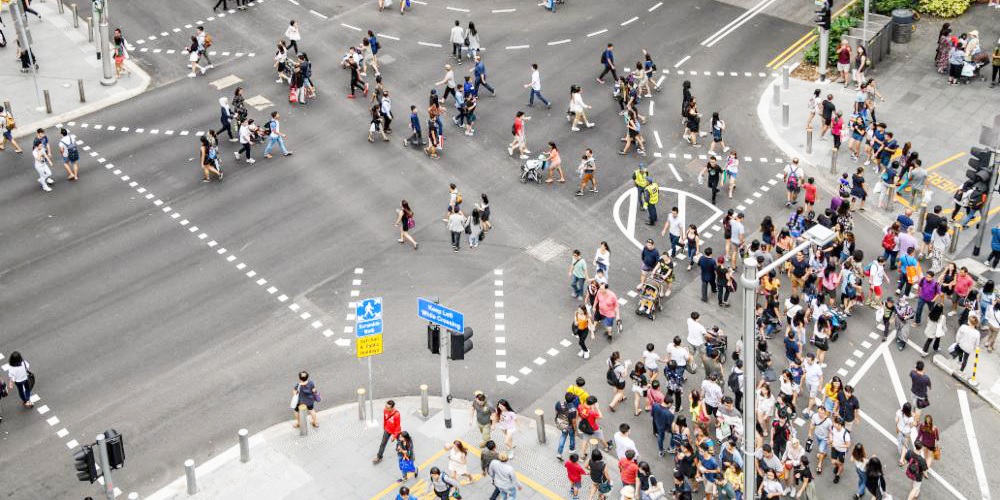Is precision public health the future — or a contradiction?
Some public-health researchers are embracing data and technology to target small groups with precise health interventions. Others fear that these tactics could fail millions.

From their offices in a high-rise building in Queens, epidemiologist Sharon Greene and her colleagues watched the COVID-19 pandemic sweep through New York City in April 2020. Using an open-source data-analytics program called SaTScan, her team mapped outbreaks as they unfolded across individual neighbourhoods, almost in real time. This sophisticated approach relied on detailed data from hospitals and laboratories, and showed that the virus wasn’t affecting all New Yorkers equally. That knowledge helped Greene’s team at the New York City Department of Health and Mental Hygiene to distribute testing resources and protective gear such as masks and gloves to the right places.
It was a different approach from New York City’s typical pandemic response plan, which advised largely blanket policies such as lockdowns and mass testing.
“Instead of just parking a testing van somewhere in an affected zip code, we can park it at an intersection in the middle of the cluster,” Greene says. “It’s hyper-local public health.” By the middle of the year, cases in the city began to drop.
The tech-centric, targeted approach used by Greene and other epidemiologists to address COVID-19 is part of a burgeoning field known as precision public health. The concept is a modernization of the 150-year-old field of epidemiology, similar to how precision medicine has transformed health care, says Muin Khoury, director of the Office of Genomics and Precision Public Health at the US Centers for Disease Control and Prevention (CDC) in Atlanta, Georgia, and one of the idea’s biggest advocates.
Source: Nature